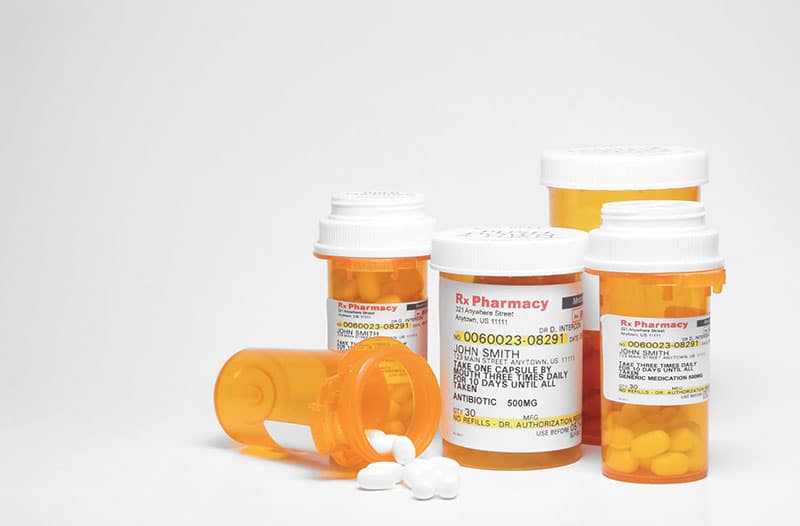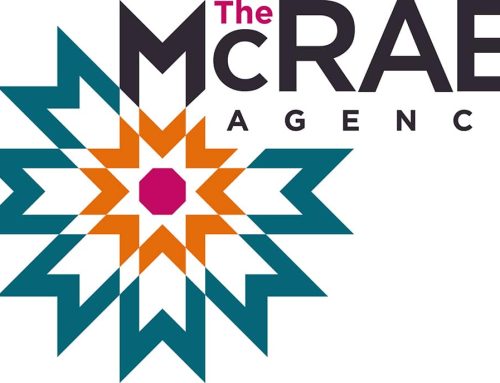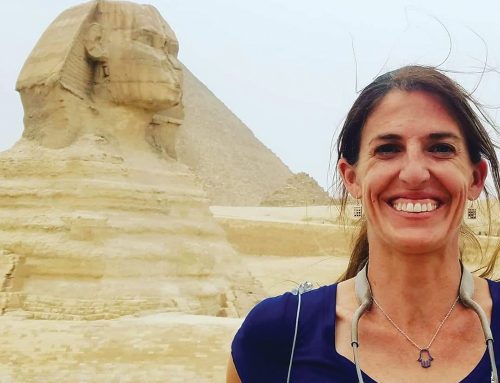Do you have expired medications or duplicate prescriptions you no longer need? National Check Your Meds Day is Oct. 21, a good time to take an annual inventory of your family’s prescription medications.
Health care professionals from Abrazo Health say that keeping your list of medications and health history up to date can help patients avoid adverse effects from dosing errors, omissions, duplications, and drug interactions.
Check Your Meds Day is also a good time to organize a list of the medications in your family’s medicine cabinet in case there’s a medical emergency, according to Char Comfort, pharmacy manager at Abrazo Cave Creek Hospital and Abrazo Scottsdale Campus.
National Check Your Meds Day is particularly important for those with multiple health conditions taking multiple drugs from several providers. Your local pharmacist or primary care physician can review that your prescription drugs are correct, the dosage is correct, you are taking the drug correctly, and the medication has not expired. They can also check your supplements, vitamins, and other over-the-counter medications you are taking, and answer any questions.
If you have expired or duplicate prescriptions, many fire and police stations will accept medications for safe disposal on National Drug Take Back Day, Oct. 27.
“Medication lists are important to have, because not having this information may cause a delay in care, as paramedics or hospital staff try to confirm current medications before providing that information to the physician. A lack of up-to-date medical information may lead to avoidable medication errors or adverse drug reactions,” says Comfort.
“You may prefer to document your medications on paper, but you can keep a list on your phone as well,” says Comfort. “Keep a historical record. This applies to you, along with your spouse and children, and it’s a good idea to ask your parents to do the same, especially if you may be called to assist them with a health crisis.”
Some of the important things to keep track of for emergencies and doctor visits include:
• Medications, including name, dosage and whether it was completed or is ongoing.
• Medical history. This may include chronic conditions or recent illnesses.
• Allergies to medications and foods and the type of reaction.
• Vitamins, supplements, and other over-the-counter items, and dosage.
• Other pertinent health information, including immunizations.
“Update the list when changes occur. It may sound cumbersome, but it’s important to keep your list current. Even the slightest change, such as adding a vitamin supplement, should be noted,” says Comfort.
Each time you make a change, note the date. Ask your pharmacy (or pharmacies) to print out a list of medications filled in the last year. And make sure someone in your family or circle of friends knows where you keep your medications list. Time is precious, and in an emergency, minutes matter,” says Comfort.





